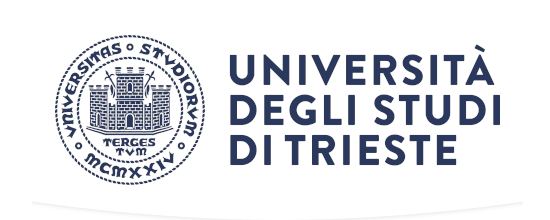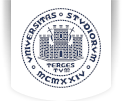The study program prepares graduates of the Degree Course to successfully perform the role of "Specialists in European Policies for Digital, Ecological, and Social Transitions," with three main professional placements:
- European Policy Officer: Graduates of the Degree Course can carry out activities, including those with high levels of responsibility, in the administration of European Union programs and the related financial resources available to public administrations at various territorial scales. They may be involved in defining investment priorities and contribute to the drafting of operational programs, providing thematic insights into the topics covered by the Degree Course. They collaborate with relevant authorities (regional, national, and European) to determine program objectives and priorities and address issues related to state aid and financial management. They can also participate, including in coordination roles, in monitoring and evaluating the results achieved through funded programs and projects.
- Project Manager for European Projects: Graduates of the Degree Course can work as project managers for European projects in public administrations, public and private enterprises, non-governmental organizations, and third sector organizations and associations. They will be familiar with the main European funding programs, both directly and indirectly managed, and their legal-institutional context. They can identify calls for proposals relevant to their organization's objectives, particularly related to the Degree Course topics, and evaluate them in light of submitting an application. They can manage a European project throughout its project cycle, from needs analysis to evaluation.
- Consultant on European Programs and Projects: Graduates of the Degree Course can leverage their knowledge and skills in managing European programs and projects to support public and private organizations. They can work as independent professionals or employees of consulting firms, assisting organizations in activities described for the two previous professional profiles (i.e., technical assistance activities).
These professional profiles can find employment opportunities in various entities operating in the field of European policies, programs, and project design, including, for example: public administrations at different levels (local, regional, national, supranational), managing authorities, and technical secretariats of European programs, intermediary bodies such as industrial districts, agencies for territorial development, agencies promoting/supporting internationalization of economic entities, scientific parks, industrial districts, third-sector organizations (cooperatives, voluntary associations, foundations), companies, interest representation associations, and consulting firms.


